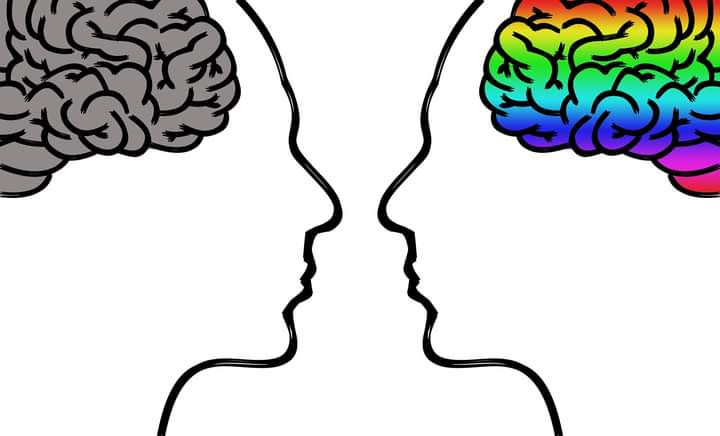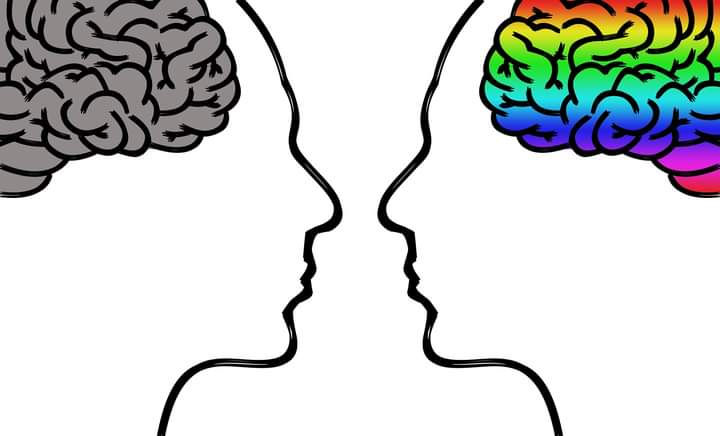Procrastination
- Debora Wiseman
- 16 de ago. de 2022
- 4 min de leitura

Procrastination is the action of putting off or prolonging something or prolonging a situation.
Postpone and delay are some synonyms.
Procrastinating is much more common than we think.
Who has never procrastinated, cast the first stone.
Despite being a very common behavior, it needs to be addressed.
That's because it can become a big problem or even an addiction.
According to writer Heather Murphy, in an article published in The New York Times, "one in five individuals are chronic procrastinators".
This is the definition for when procrastination hits various aspects of life.
In order not to get to that point, the way is to treat the evil at its root.
The good news is that even those at the most advanced stage can get back on track.
Causes of procrastination:
Conduct can have both psychological and physiological causes.
Procrastination can be linked to mental disorders such as anxiety, depression and self-esteem issues. There are those who stop performing a task for fear of disapproval.
Physiological
Another cause of procrastination is linked to the brain, to the prefrontal cortex.
If there is something unusual in this area, such as an injury, the individual may suffer more from outside distractions. This is because the prefrontal cortex is responsible, among other things, for controlling impulses and determining focus.
Consequences of procrastination in your life.
One of them is that relationships with friends and family can be compromised, since it is common for the procrastinator not to find time or not be able to organize the agenda to be present.
In the professional environment, the harm is also significant.
In addition to being frowned upon by employers or clients for not meeting agreed deadlines, the procrastinator also affects team productivity.
What is the relationship between procrastination and mental health?
Procrastination is closely linked to mental health.
The procrastinator usually postpones tasks in order to obtain well-being, but in fact the feeling is only immediate.
As the demands accumulate, the gesture that at first glance seems simple gets out of control.
With this, several negative emotions come to the surface, such as frustration, incapacity and insecurity.
Why can procrastination be bad for your health?
Procrastination has a direct influence on health and quality of life.
This is because, by delaying activities and not being able to meet all the demands and commitments, the individual begins to feel bad, distressed, without energy and overloaded.
These feelings, in turn, can cause stress and anxiety, leading to depression and other illnesses.
The impact on health also happens because the procrastinator always leaves that appointment or medical exam for later or keeps promising to start a diet and exercise routine, but never does.
Valuable tips to stop procrastinating
1. Take the first step to stop procrastinating.
The important thing is to set a small goal, which is possible to be accomplished.
The feeling of achieving it will do you a lot of good, and with that, you will have the gas you need to continue facing procrastination.
2. Manage your emotions, not just your time.
Procrastination is not just your lack of time management, but your difficulty managing emotions.
When you miss a task because you're not feeling inspired and excited, you're skirting the problem, not solving it.
So think about the reasons behind the postponement and face the feelings head on.
3. Envision "you" in your future.
It is always worth reflecting on what your “self” will be like in the future.
This will help you to be understanding with yourself and avoid being overly self-demanding.
4. Make plans and consider the possibility of unforeseen events.
Even the most controlling people suffer from the unforeseen. We need to accept that there is no escaping them.
The way to deal with this is to make plans that take into account sudden situations.
Always consider a space in your time to solve problems that come along the way.
5. Identify the trigger.
Identifying a trigger is reflecting on when procrastination happens and for what reason.
6. Do one thing at a time.
There are individuals who have the habit of taking on several tasks at the same time, but this is not always healthy, especially for those who tend to procrastinate.
Therefore, avoid embracing a lot of activities at the same time.
Get organized and do one thing at a time.
7. Fragment your tasks.
Some tasks are very simple and quick. Others require more time and dedication.
In these cases, try to break them down into small steps.
Thus, you will gradually fulfill it and when you realize it, you have completed the activity completely.
8. Control it before it becomes an addiction.
The sooner you decide to change this behavior, the faster the resolution.
First, to prevent the accumulation of tasks from becoming a snowball and difficult to solve.
Heads up! Negative emotions stemming from procrastination can get in the way of your battle with the problem.
9. Avoid outside interference.
Sometimes we don't even realize how the television or that sneak peek at social networks to relax harms our productivity.
The ideal is to eliminate all these stimuli during the period dedicated to the execution of an activity.
You can set one of these distractions as a reward.
10. Seek professional help.
In addition to our tips, it is always important to seek professional help from a doctor and/or therapist, in case procrastination is taking over and the control is too much to bear.
Regular therapy is a great way to better understand your triggers and identify ways to avoid procrastination.
IMPORTANT: We are Holistic Therapists and our treatment is alternative. Even with satisfactory results, it is essential to emphasize that only duly qualified doctors can diagnose diseases, indicate treatments and prescribe medication.
All the best.
See you next week
Shalom!
Debora and Daniel Wiseman





Comentários